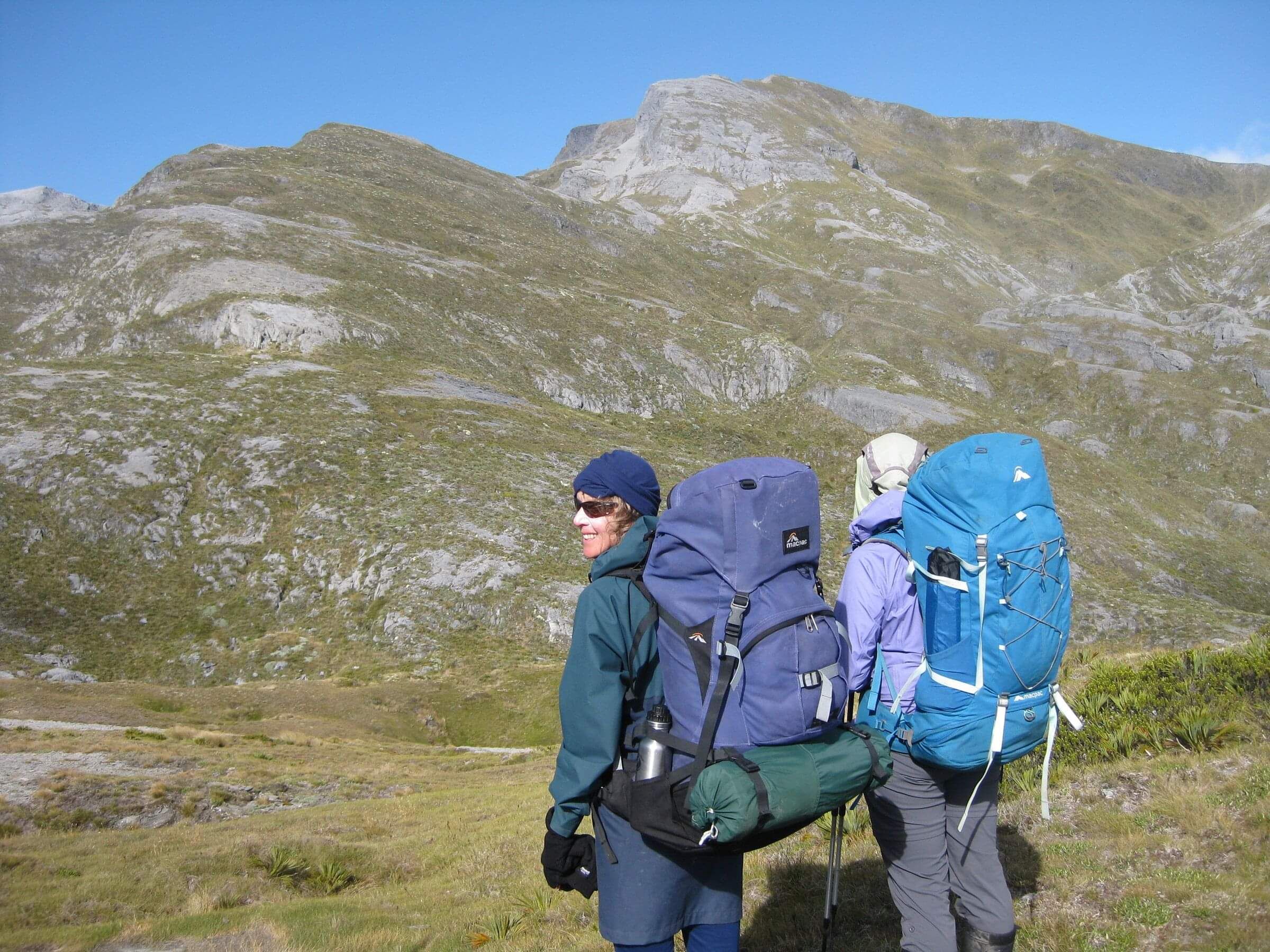Pelvic Organ Prolapse
A subject not talked about

If you start researching Pelvic Organ Prolapse (POP), one fact you will learn is that it is common. It affects about 50 percent of all women and about 30 percent of female athletes. Nearly one in two women are affected by POP – maybe your mother, sister, wife, partner, daughter. Yet most of us get caught by surprise when it happens because we have never heard of it before!
To start talking about POP and raise awareness, we sought stories from active women around New Zealand who have experienced a prolapse. ‘Active’ refers to any activity – walking, biking, gym, running, tramping, skiing etc.
The outdoor sector was supportive (NZ Adventure, Walking NZ, Federated Mountain Clubs, AUS Wild, NZ Alpine Club, Windsurfing NZ). Thanks to the proactive editors and organisations, pelvic physios, pelvic floor safe fitness instructors and Pilates teachers who helped publicise the information about the POP project.
Of thirty New Zealand newspaper editors we contacted, only one replied. She commented that most editors were male and that POP ‘was not exactly a sexy topic!’

Creating this website was a reality check – it showed some of the reasons why POP was not talked about. Not only is it difficult to get information published, but many women find it hard to talk or write about it, even anonymously. For some it brings back a feeling of shame and embarrassment, for others it’s a reminder of trauma they might have gone through or are still experiencing.
So we’ve got a vicious circle: lack of public information, little confidence to talk about it, and thus a continuing silence.
I thank all the women who had the confidence and energy to share their stories to break this cycle. I thank everyone who has given positive feedback and supported the POP project. Let’s get this information out there to raise awareness of pelvic organ prolapse!
Anja Morris
POP & our biggest learnings
- Be gentle and kind to yourself and cut yourself some slack, don’t even look at those awesome mums who run marathons two weeks after giving birth.
- Have big goals that will keep you moving forward, but break them into bite-sized achievable chunks and celebrate every success.
- Approach recovery from different angles to get extra benefits and don’t be afraid to think outside the box, e.g. pessary, Pilates, exercise, surgery, babywearing etc.
- Accept that things have changed and embrace the new you, which may take time to adjust. Setbacks happen – expect them, forgive yourself and take them in your stride.

